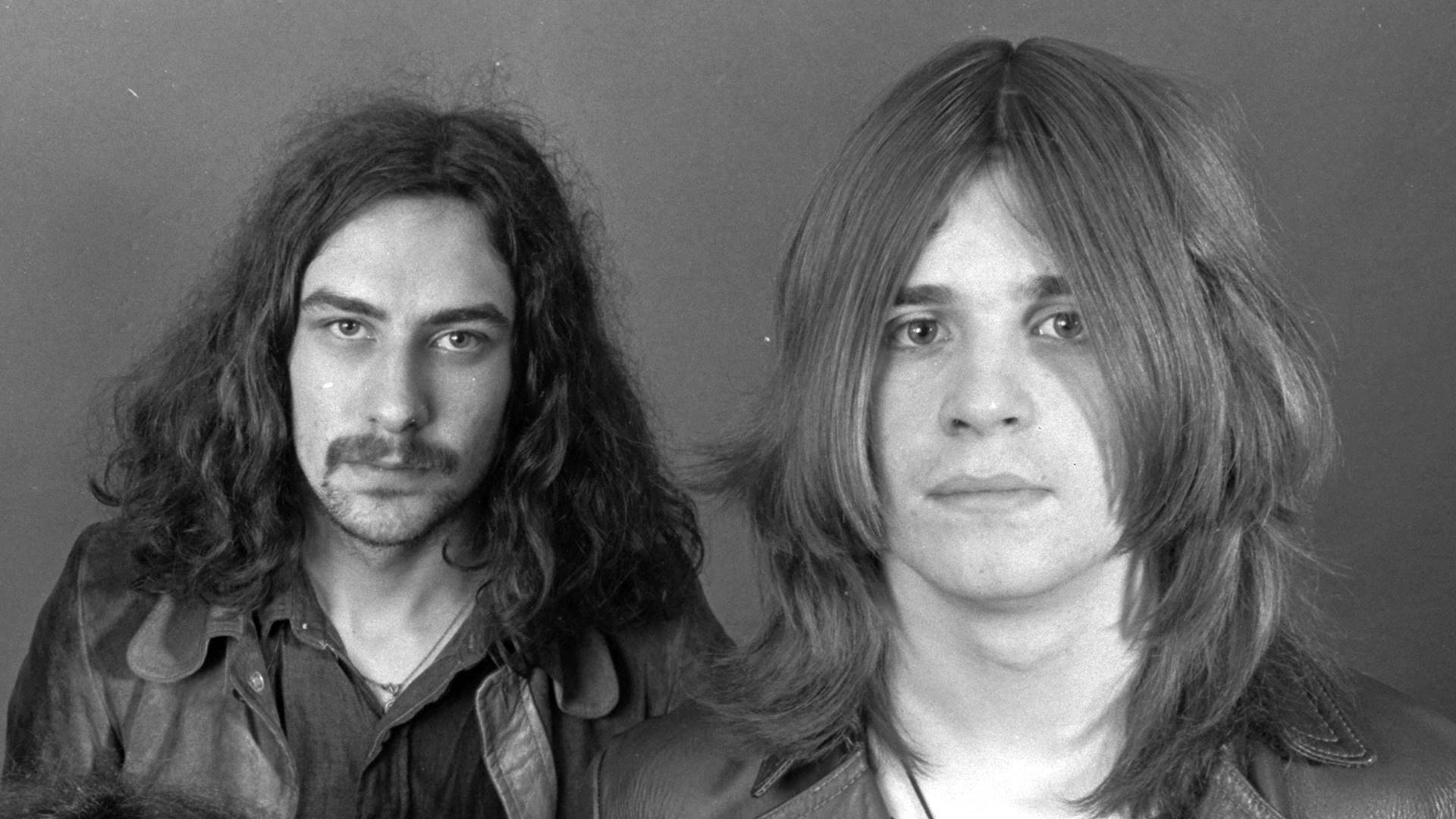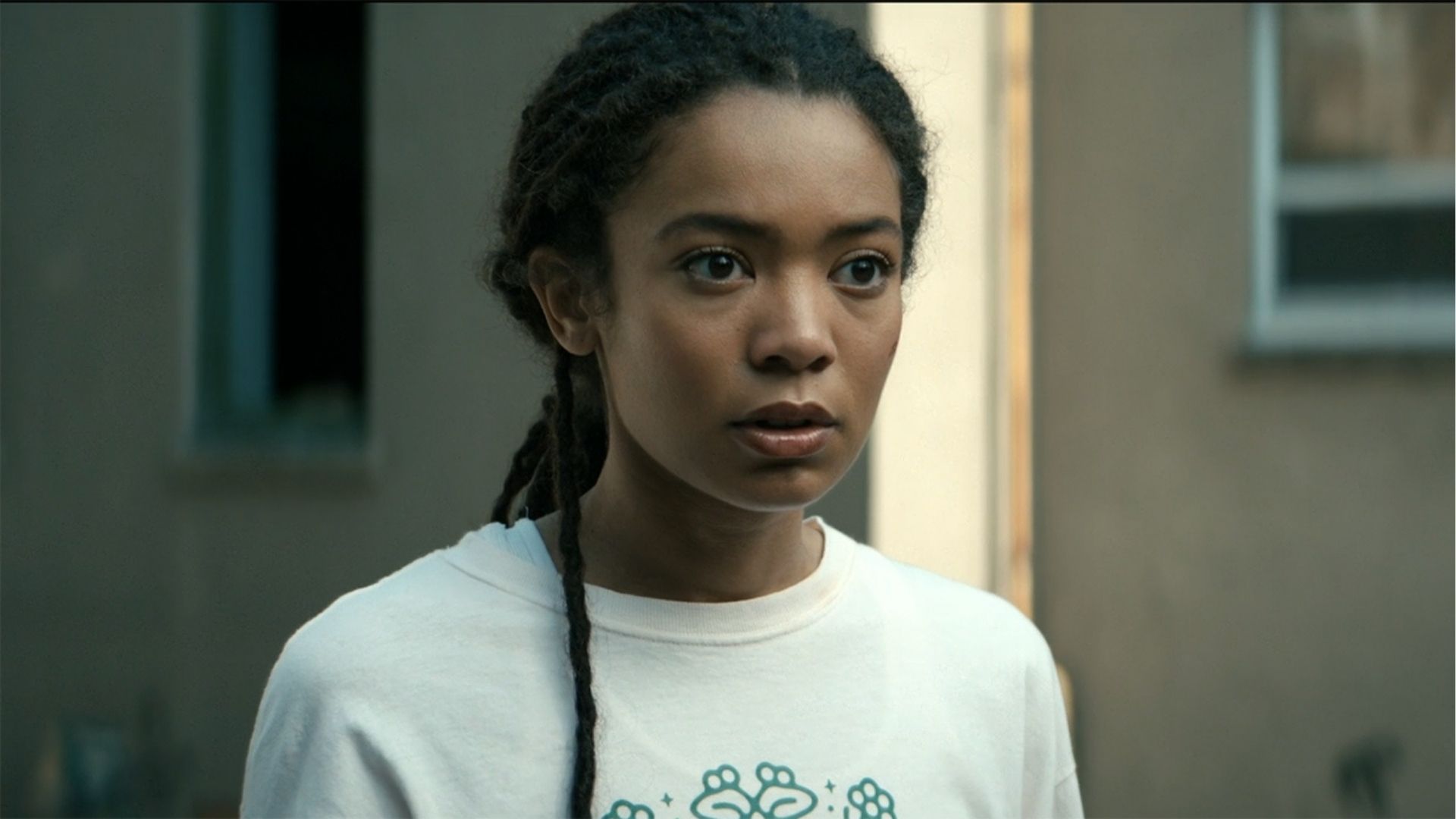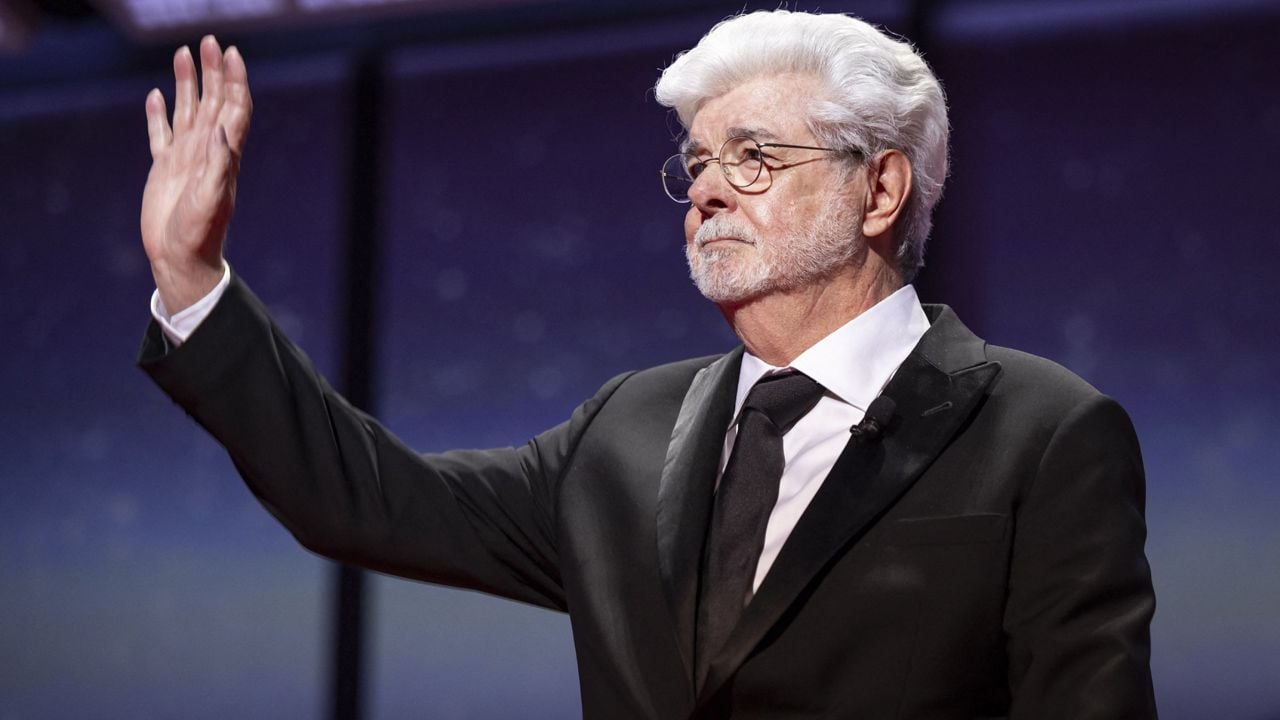A fiction built on a human truth
The screenplay of the film Persian lessons Opens in 1942. Gilles, a young Belgian Jew, was arrested by the SS and finds himself in a convoy in a transit field. To escape an immediate execution, he claims to be of Iranian origin – an improvised lie that saves him, but that forces him to maintain this facade. He found himself assigned to a German officer, Koch, head of Camp Cuisine, who dreams of opening a restaurant in Tehran after the war. Gilles must teach him to do it. Problem: a word doesn’t speak of it.
The heart of the story is therefore based on an invented language, which Gilles spends for word, every day, striving to make it consistent. This narrative device does not come from a specific historical object, but is inspired by a story by Wolfgang Kohlhaase, recognized as a German screenwriter and writer. Through this fiction, the film is part of a tradition of survival stories during the Shoah, where ingenuity, bluff and memory become weapons of resistance.
Vadim Perelman, the director, said: Persian lessons He does not pretend to reconstruct an authentic fact, but explores a plausible situation in a strictly documented environment. The control methods, the internal organization of the fields, the functions occupied by some SS, all this is based on solid historical research. The invented language therefore becomes a narrative pretext to evoke the permanent tension between truth and lie, identity and cancellation.
A strong critical welcome and a significant device
Worn by Nahuel Pérez Biscayart (revealed in 120 beats per minute) and Lars Eidinger in the role of the commander Koch, the film welcomed globally. The performance of the two actors was accepted, including the ability of Biscayart to transmit fear, fatigue, cunning, without ever giving in to pathos.
The fictitious language was conceived as a true linguistic system. The cinematographic team worked with linguists to create a grammatical and healthy credible logic, so that the character can “repeat” and store it without contradicting the screen. Each word corresponds to the name of a victim engraved in Gilles’ memory, which gives the trial a discreet but powerful emotional load.
The film was selected to represent Belarus at the 2021 Oscars in the best category of international films, a decision criticized at the time due to the multiple nationalities of the project (German production, Russian and Belarusian). This did not prevent the film from reaching a vast audience in the festivals, where he received several distinctions, including a public prize in Tallinn.
Source: Cine Serie
Ray Ortiz is a journalist at Gossipify, known for his coverage of trending news and current events. He is committed to providing readers with accurate and unbiased reporting, and is respected for his ability to keep readers informed on the latest news and issues.






![[Coluna] Does Brazilian protectionism inspire Trump? [Coluna] Does Brazilian protectionism inspire Trump?](https://p2.trrsf.com/image/fget/cf/774/0/images.terra.com/2025/10/16/2008907400-74231636354.jpg)


